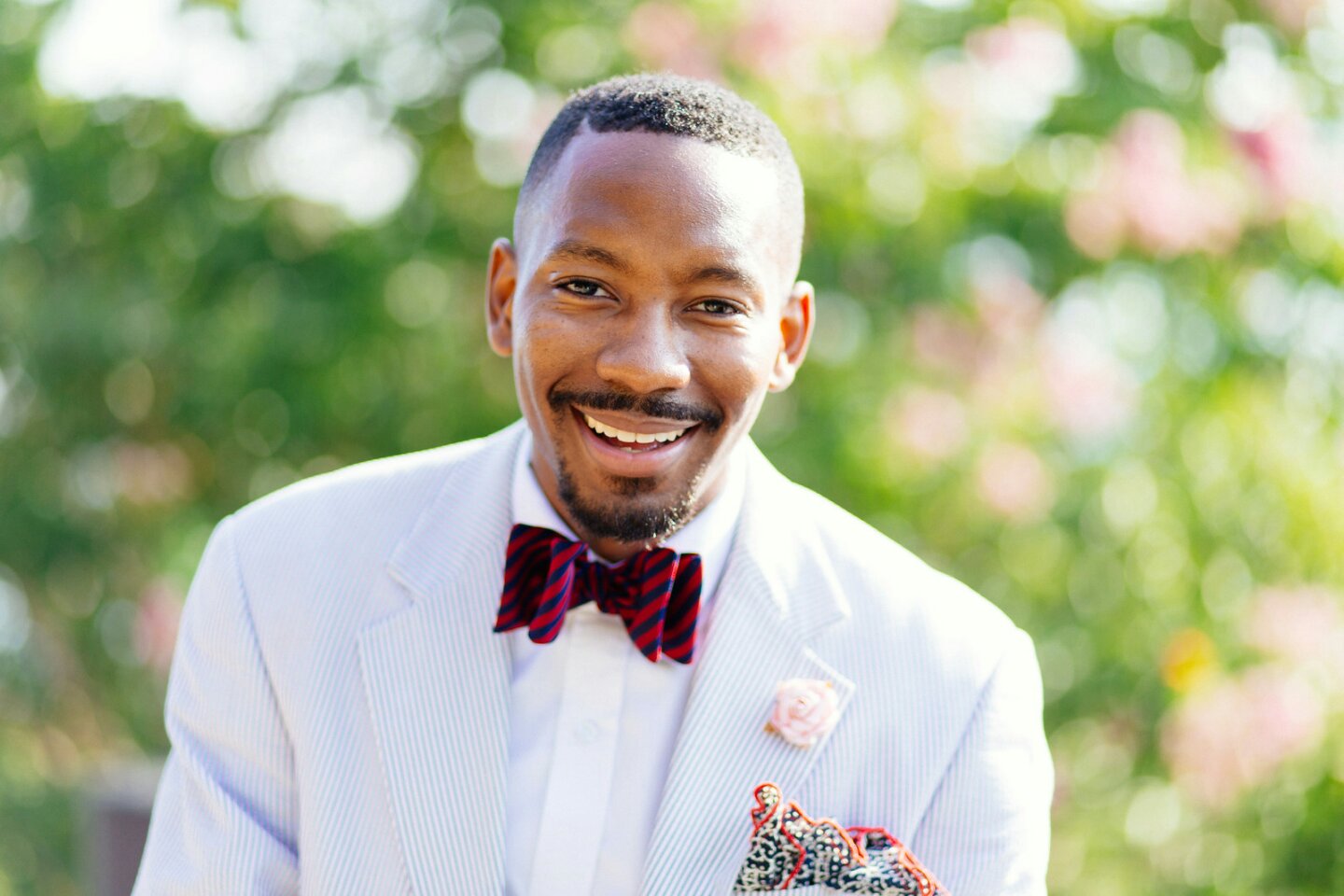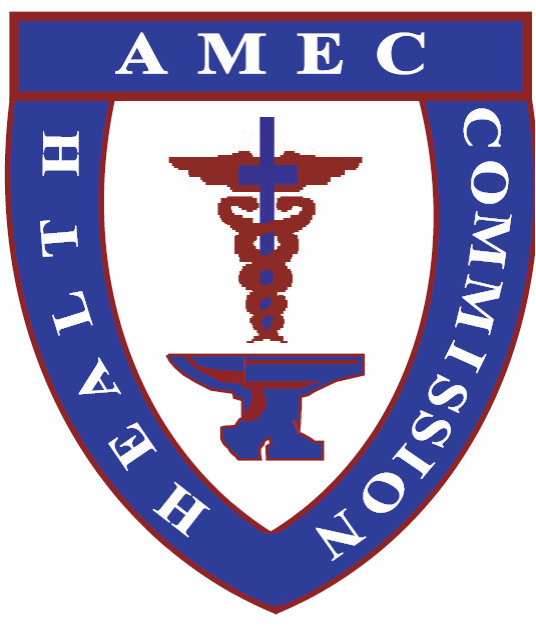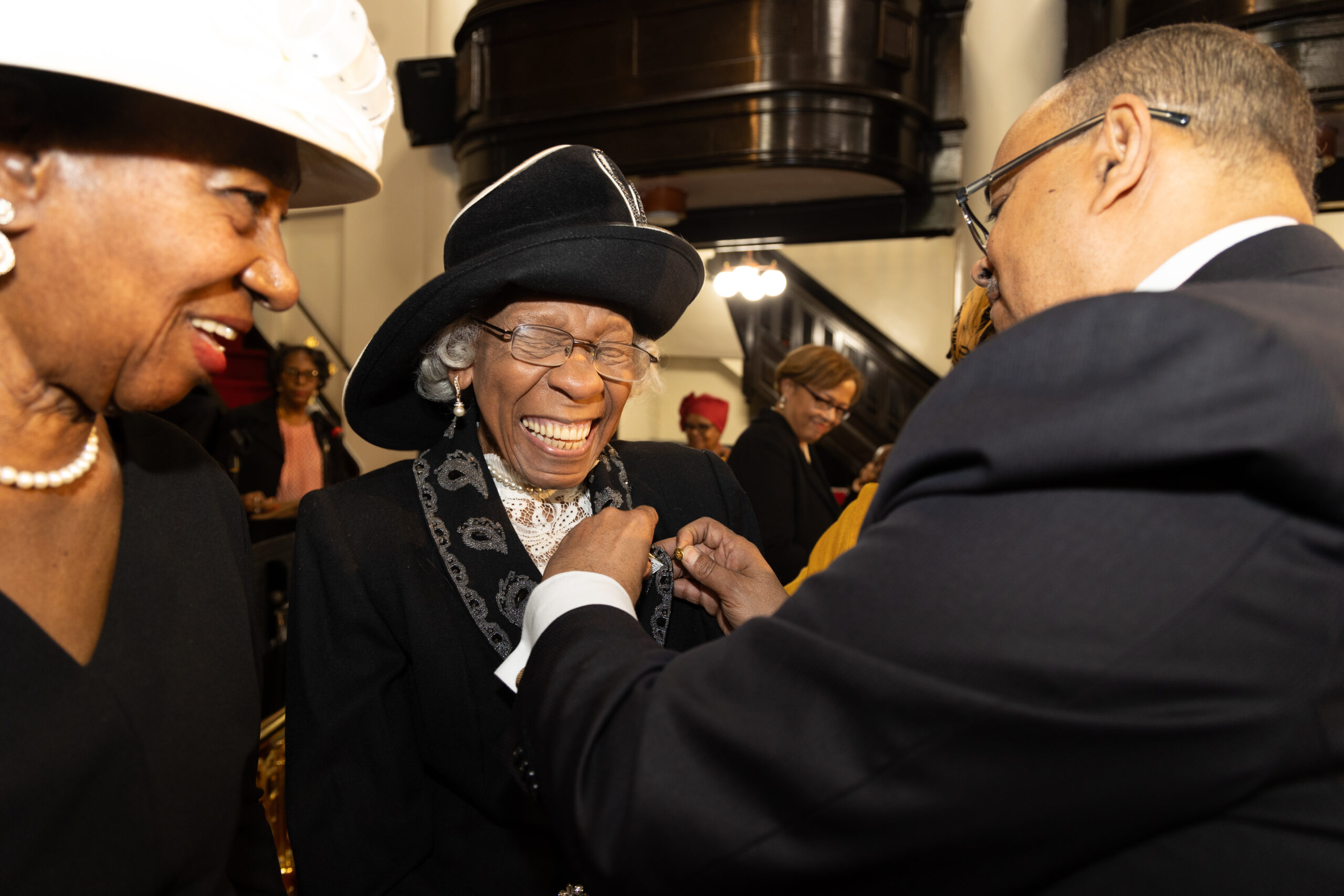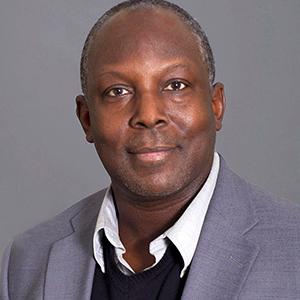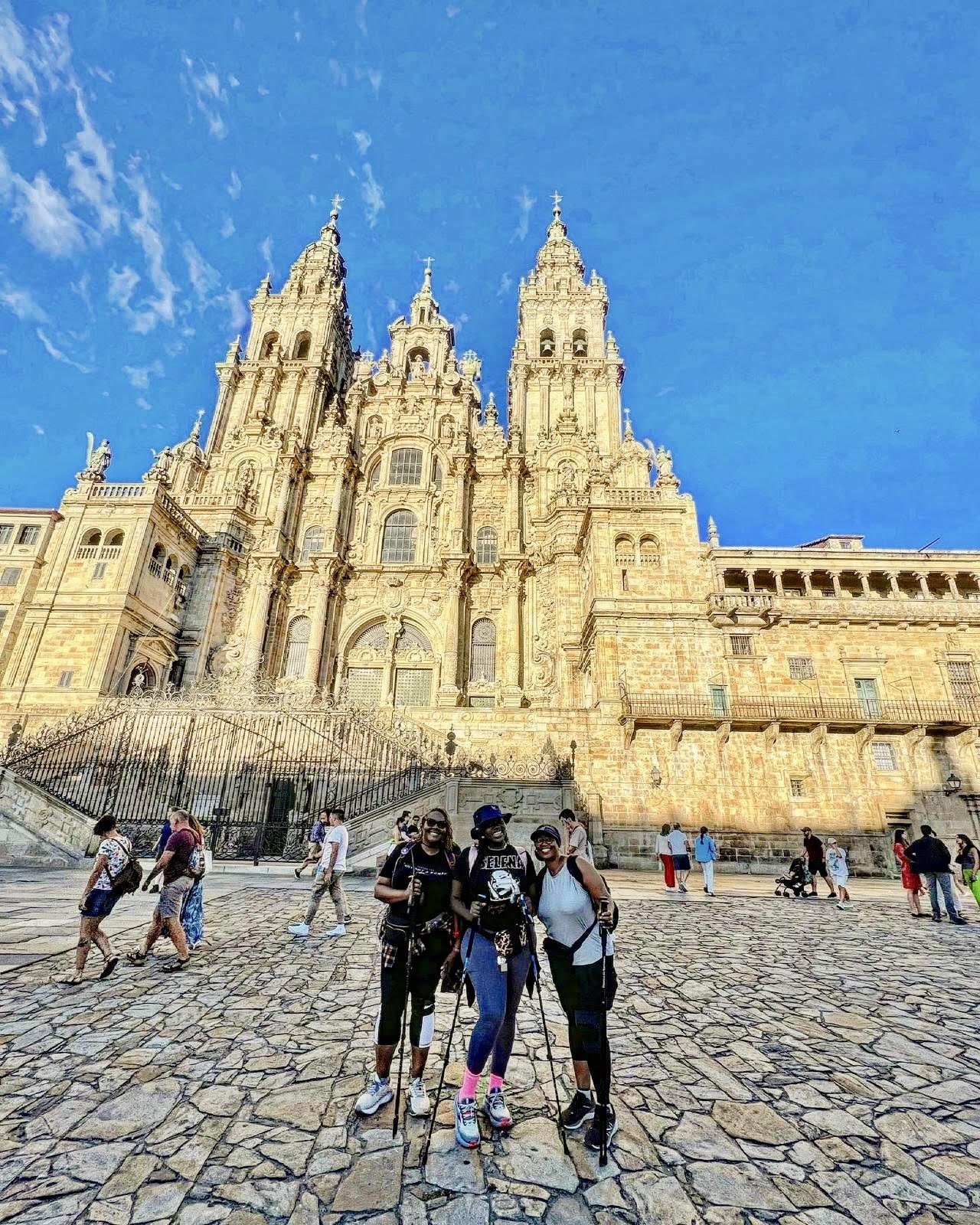Excerpts from a Mother Day’s Sermon entitled, A Mother Who Believes in a Pro-Life God
Quardricos Driskell
Psalm 46:5: God is in the midst of the city; it shall not be moved; God will help it when the morning dawns.
The ancient and biblical women or feminine figures in scripture are lessons on how to show strength during hardship and fearful moments. And unfortunately, in our contemporary context, the repeal of Roe v. Wade via the decision of Dobbs v. Jackson Women’s Health Organization, which ruled that the United States Constitution does not confer a right to abortion, is such a moment. This decision continues to send shockwaves around the country, and some communities are still suffering from the aftershock of generations of reproductive injustice already predicated on poor and Black communities.
We are the descendants and survivors of medical victimization, prominently in the same states that this decision will most negatively affect. From the abuse of women’s bodies as objects for medical experiments on the plantation to the same in the medical pavilions today, Black women and mothers bear the scars that have become keloids long before this decision. Black women show up in worship laden with the sequelae of health inequities, silently suffering in praise. When we pray, we lift our voices to God, yet, Black women are still 3-4 times more likely to die in childbirth despite their age at pregnancy, socioeconomic status, or academic achievements. Black women are also more likely to suffer from “a Mississippi appendectomy” than our white counterparts. Black women and mothers are more likely to suffer the consequences into their senior years because of the inequities predicated upon their bodies, especially during reproductive years.
However, as this threat awakens a sense of urgency for the country, we, especially the church, can no longer remain silent. First, we must acknowledge that Black women were already in a reproductive health crisis. And so, those of us founded and nurtured at the bosom of social gospel, we cannot drop the ball in the fight for reproductive justice.
What has allowed us to believe that God is, in our politicized terms, pro-life? What has allowed us to be in a non-rigorous framework to captivate the political and theological imagination of the present time? Where have we learned such notions that ending unwanted pregnancy deserves God’s damnation? That abortions are wrong and evil, anti-Christian, and not of God?
The traditional methodology for engaging scripture, especially in Western evangelical Christianity, regrettably a dominant voice of religion in the United States, has always been more concerned with personal piety and using Christianity to advance their politics rather than being concerned about the “other,” “the least of these” and using the principles of the faith to inform their politics that is concerned with the totality of life and all people. It is easy enough to speak of an ethic for life, but is that ethic uplifting actual lives?
I will submit to you that we, on this Mother’s Day, need a robust Christian ethic for life that cannot rest on a sanctity-of-life framework because it lacks theological and scientific rigor. Ultimately, “when life begins” isn’t the right question because it’s unanswerable often according to one’s belief. But from an ethical and moral perspective, the question then must be: how do we as a society compromise that upholds the autonomous rights of the persons who may become pregnant, who may have excessive risks associated with a pregnancy, or who may simply not wish to be pregnant, that also observes whatever our societal agreed-upon understanding of when life starts within the womb.
Similarly, the feminist theologian Elisabeth Schüssler Fiorenza proposes that the Bible must function “as a resource for women’s struggle for liberation.” I would add that the Bible must also function as a practical resource for intersectional struggle: the liberation of all persons into their full potential as human beings.
What, then, should be the alternative pro-life framework? It should be a belief in a God who allows for life and the flourishing of life to control our sexuality, our gender, and reproduction.
God allows free will, choice, and liberty, God through Jesus, delivers freedom, and liberation, from the captives, and if liberty is the power of choice, freedom from arbitrary or despotic control, and the positive enjoyment of various social, political, or economic rights and privileges, then liberty and well-being are interdependent. And God has empowered mothers and women to choose what is in their best interest and the best interest of their families, and whatever decisions are made are between them and their God. And thus, this moral framework transcends a myopic obsession with the womb that characterizes the sanctity-of-life framework.
For psalmist says, “It will not be moved” (verse 5). In this strong profession of faith, though it seems like the world is collapsing around the children of God, it “will not be moved.” For we believe in a pro-life God concerned about women and children throughout life and not only life in the womb but also outside of it. A God who trusts and is with women, mothers, trans, and non-binary people with free will and bodily autonomy. A God who believes in expanding Medicaid for children and the indigent, a God who believes in ensuring health equity for all, a God who believes that mothers and children will have basic access to take care of all needs.
We are called to exemplify faith and works – to speak for the poor and the oppressed. We must stand up and overthrow the powers of oppression. We must empower our members through education about their health and healthcare issues. We must also encourage healthcare advocacy from the sanctuary to the state and U.S. Senate.
But with God on our side and as the text says, “God is in the midst of the city; it shall not be moved; God will help it when the morning dawns.” For we believe in a God who loved the world so much that she sent her Son into the world not to condemn it so that we might have life and have it more abundantly.
Quardricos Bernard Driskell is pastor of the historic Beulah Baptist Church in Alexandria, Virginia, and an adjunct professor of legislative politics, where he teaches religion, race, public policy, and politics at the George Washington University Graduate School of Political Management. Follow him on Twitter @q_driskell4.

